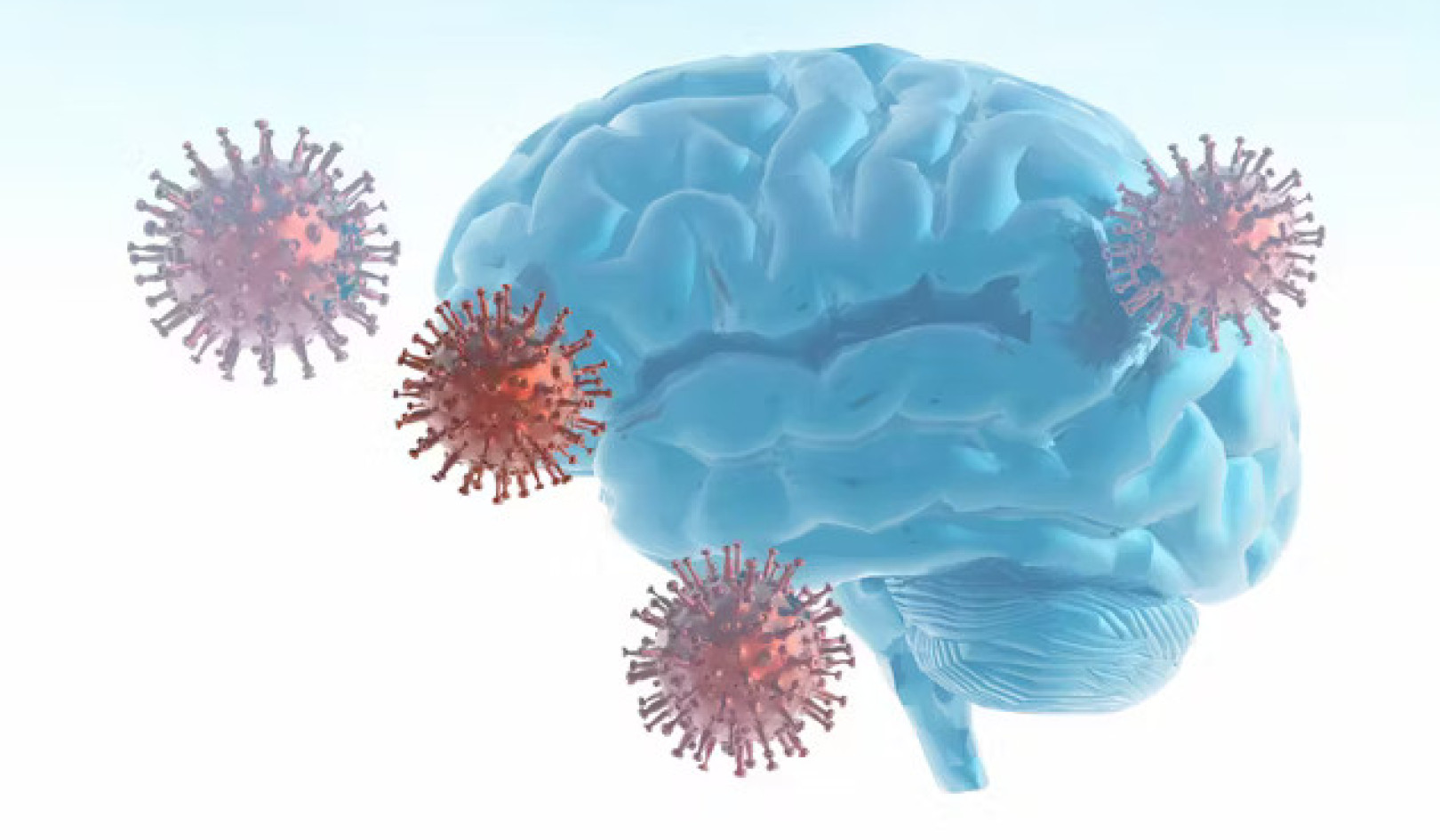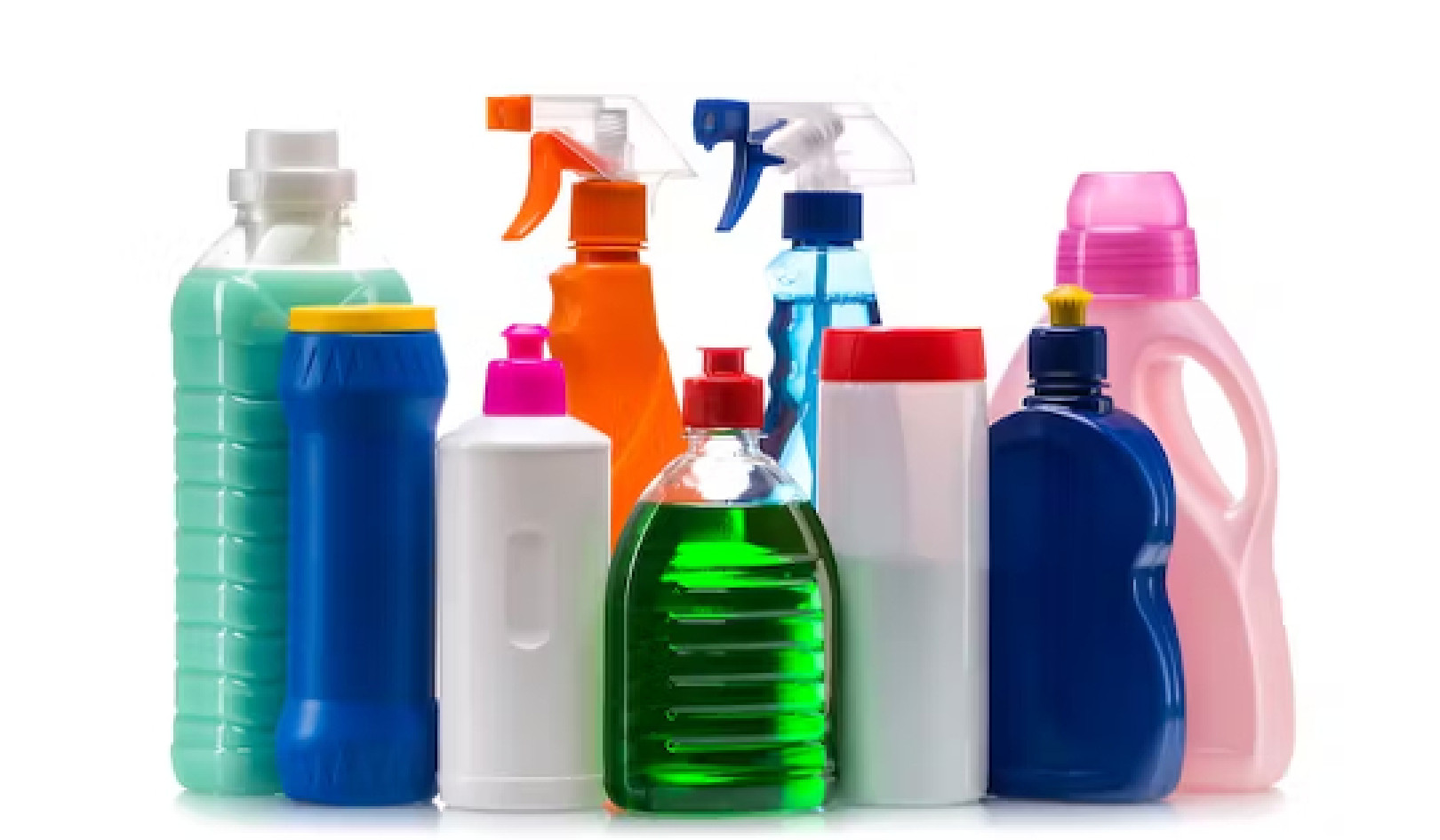
With temperatures rising in the East and Midwest, the number of deaths attributed to excessive heat exposure is climbing also. But most tragedies can be avoided by taking a few precautions, a University of Florida physiologist says.
M. Ian Phillips, professor and chairman of the UF College of Medicine's physiology department, said the increasing number of heat-related deaths follows the trend that the death rate is usually higher in the northern United States than in the South.
"In the South, we tend to adjust to the heat, but in the North, the sudden rise in temperature doesn't allow enough time for people to adapt to it," he said. "Humans need about two weeks to acclimatize to a dramatic change in temperature." Phillips said that when the body is unable to cope with excessive heat, the result is heat exhaustion or heat stroke.
Symptoms of heat exhaustion include fatigue, nausea, cramps, headache, dizziness, and uncoordinated movement. People with heat exhaustion should stop working or exercising; move into shade or air conditioning, or take a cool shower; drink fluids such as Gatorade to replace lost salt; and rest.
If left untreated, heat exhaustion can progress to heat stroke, a more serious condition that can be fatal. "With heat stroke, people simply shut down the mechanisms for cooling the body," Phillips said. "They stop sweating, so their skin is dry; the blood vessels that are normally close to the skin constrict, not allowing blood flow to the skin, so there's less cooling. Their temperature rises to over 104 degrees, which can cause brain damage that interferes with breathing and circulation."
Common symptoms of heat stroke include dizziness, confusion, unconsciousness, rapid and strong pulse, and hot dry skin. Children, older people, and those engaged in heavy physical labor are most vulnerable to heat exhaustion or heat stroke.
"Most of the deaths that we have seen this summer have been older people," Phillips said. "The temperatures are hotter in large cities, and some people shut themselves up in rooms without air conditioning, perhaps because they're afraid to leave the windows open in case of burglary."
The elderly do not feel as thirsty as younger people do with the same amount of fluid loss, so they are more vulnerable to becoming dehydrated. People on diuretics or tranquilizers are more susceptible to heat exhaustion, as are those with high blood pressure, diabetes, or an overactive thyroid.
Phillips said reliable statistics on heat stroke are difficult to generate because heat-related deaths are hard to define. "A number of deaths may be due to heat, but they may be diagnosed as heart failure or some other cause of death," Phillips said.
"What is noticeable is that deaths of all causes go up during a heat wave, which is why we think that heat directly causes more deaths than those actually attributed to heat."
For people dealing with hot weather, Phillips offers the following tips:
- Drink plenty of fluids, but avoid alcohol and caffeinated drinks because they promote dehydration.
- Find shade or air conditioning if possible. Even two hours of air conditioning each day can significantly reduce the risk of heat-related illness.
- Use common sense - avoid strenuous jobs and exercising in the heat.
- Do not leave children, pets or anyone who has difficulty caring for themselves in a car without ventilation.
- Ask children to rest after 30 minutes of outdoor play.
- Check periodically on elders and others who live alone.
- Consult a pharmacist about medications because some can inhibit sweat or aggravate heat-related conditions.
Eric Benjamin Lowe, University of Florida physiologist. Recent UF Health Science Center news releases are available at http://health.ufl.edu/hscc/index.html

























